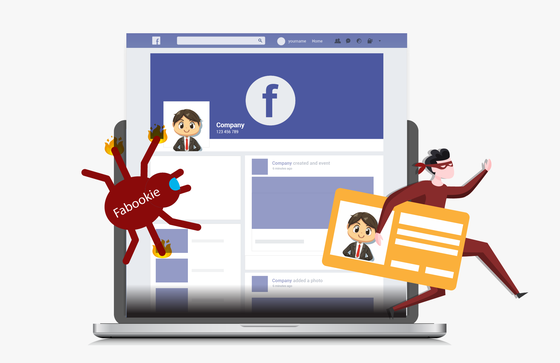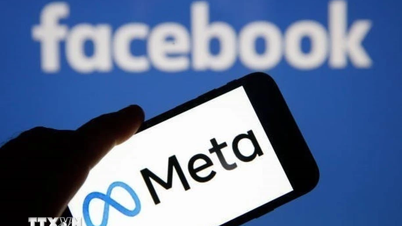SGGPO
Bkav's malware monitoring and warning system has recorded that the number of computers infected with the Fabookie malware, which specializes in stealing Facebook Business accounts, is showing signs of increasing.
 |
| Fabookie malware specializes in attacking Facebook Business accounts |
According to Bkav, in July alone, in Vietnam, more than 100,000 computers were infected with the Fabookie malware, which specializes in stealing Facebook Business accounts.
Fabookie malware steals through cookies and passwords saved in the browser, similar to other types of account-stealing malware. For most websites, if the hacker has a login session and password, he can change the password, thereby taking complete control of the victim's account.
It is worth mentioning that the Fabookie malware is also "designed" specifically to attack Facebook Business accounts. This malware will check the decrypted Cookie to see if the account is logged in or not, then use Facebook Graph API Queries (a method of querying data from Facebook) to query for more information about the victim's account, payment method, balance...
If the data block is successfully mined and the stolen information is from a Facebook Business account, the hacker can use the victim's account to silently run ads instead of immediately changing the password and taking over the account.
This helps hackers achieve many other goals such as earning more profit, using it for SEO (improving website rankings on search engines) for websites that spread malware... rather than taking over the account, which will alarm the administrator and cause the credit card to be disconnected.
Following the trend of new generation malware, Fabookie only targets computers running 64-bit operating systems and Bkav recommends: Do not install and use cracked software, keygens...; Limit the use of password saving functions on the browser for important accounts; Use anti-virus software and network security solutions to ensure the safety of personal computers as well as systems in agencies, organizations and businesses.
Source


![[Photo] Prime Minister Pham Minh Chinh attends the groundbreaking ceremony of two key projects in Hai Phong city](https://vphoto.vietnam.vn/thumb/1200x675/vietnam/resource/IMAGE/2025/9/27/6adba56d5d94403093a074ac6496ec9d)



































































































Comment (0)